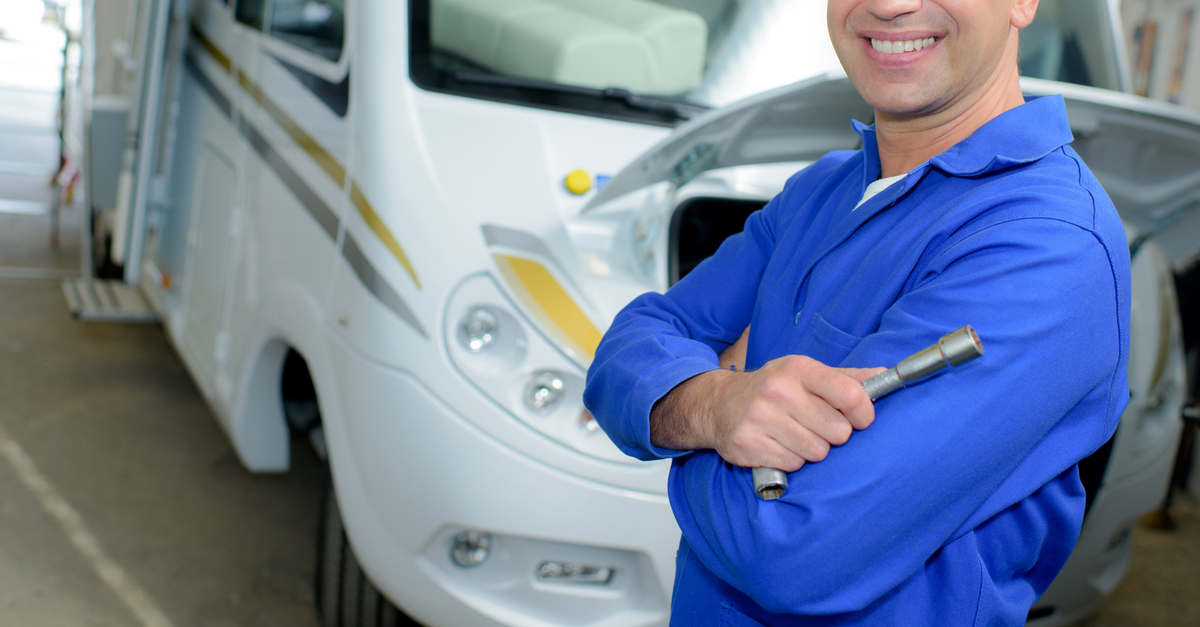Just like maintaining your home, your RV or Recreational Vehicle needs upkeep. It is dangerous to live in or travel in when not maintained. You could wreck or be left homeless if not properly maintained or repaired. Some of these main components to upkeep or repair includes but is not limited to:
· The alternator
· The electrical system
· Check engine light
· Routine oil changes
· Air Filters
The Alternator
The alternator is vital to keeping your batteries alive on your recreational vehicle. Some signs of a bad alternator is finicky headlights flickering on and off, smells of burning from the alternator, the radio or vehicle electronics shutting off and on, and warning lights on your dash. If you notice any of these warning signs, you must inspect the vehicle as soon as possible. Some maintenance tips for your alternator would be to make sure the installment of aftermarket products is properly done as to not overload your alternator and when installing a new alternator, it is better to buy a new alternator than a remanufactured one.
Electrical Upkeep
When your RV repair requires electrical diagnostics, it can get complicated quickly. Doing things like replacing the battery every four years can help prevent electrical problems to be safe. Loose connections or torn wiring can cause problems like shorts or finicky electronics. Running diagnostics by a certified technician at a local repair shop can save time and money by clearly finding the problem.
Check Engine Light
Even if your vehicle seems to be running okay or sounding normal, driving with the check engine light may prove to need RV repair or routine maintenance in the near future. RV repairs may include replacement to the catalytic converters if damage from driving with the check engine light on persists.
Oil Changes
Other routine maintenance like oil changes are vital to your RV as well. Oil change periods are dependent on how many miles you are putting on your vehicle. It is a good idea to reference your RV manual to determine things like the type of oil that the change needs, how frequently it needs to be changed, and other maintenance that may need serviced during the oil change as well such air filters needing to be changed. If you do not change your oil, it can build up in the engine and damage it. This might lead to costly cleaning of the engine or even burn up the engine and no one wants to pay the cost for replacement of an engine compared to the simpler cost of routine oil changes.
Air Filters
Air filters are also vital to maintenance as well. Driving habits and climate may determine the replacement length of time of the air filters that may be needed. Air filters can be visually inspected easily. Bad air filters can cause things like decreased fuel mileage, rough idling, engine misses, and spark plug replacements.
Regularly maintaining your recreational vehicle can prove to be less costly in so many aspects than going without them and having costly repair shops having to replace the vital parts to keep you running. Be good to your RV so it will be good to you!

